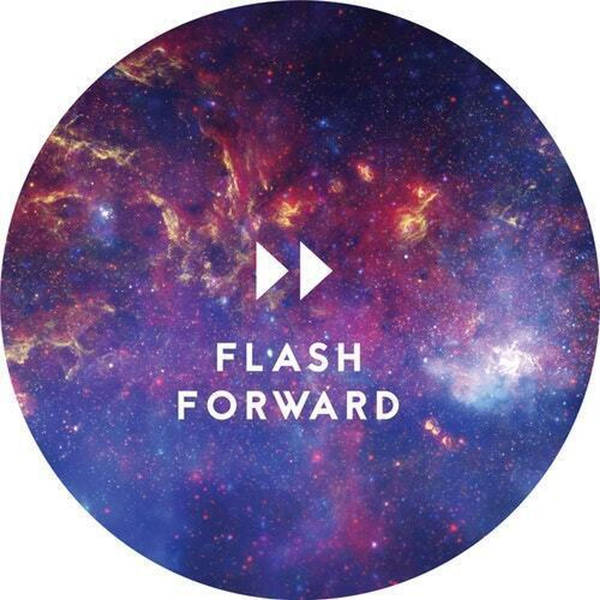
My Everything Pal
Today we travel to a future full of spreadsheet approved lives. A future where everything we do is tracked and quantified: calories, air quality, sleep, heart rate, microbes, brain waves, finances, happiness, sadness, menstrual cycles, poops, hopes and dreams. Everything.
This episode is longer than our usual 20 minute jaunts to the future, because the future of quantified self is so huge. We cover everything from biased algorithms, to microbiomes (again), to the future of the calorie, and more.
The first person we talk to this week is Chris Dancy, who is basically living in this future today. He’s been called the most quantified man in the world. Every day Chris wears and carries around over thirty devices that track everything from his heart rate to his brain waves. You can see a live stream of his data here. Chris started tracking his life in 2008, and has upgraded his system continuously to become more streamlined and include more forms of data.
But, as I was watching a few of these videos (including the one above), I felt kind of uncomfortable. Because a lot of them treat Chris kind of like a freak show. Like this weirdo guy that we should all kind of laugh at, or shun, or see as this maniac with too many devices. But in talking to Chris it became very clear to me that he’s very thoughtful about what he’s doing. The point isn’t just to track for tracking sake, Chris is on a mission. And it’s the same mission that you or I might have when we start tracking steps or workouts or calories or menstrual cycles: to be better. To be healthier and happier. And, for Chris at least, it worked. He dropped 100 pounds, stopped drinking and abusing drugs, and feels way healthier now than he did before.
A lot of people have called Chris the most quantified man, or the most surveilled man, or the most tracked man. But he thinks about it another way. He calls himself a mindful cyborg. But being a mindful cyborg takes a lot of work. He spends $30,000 a year on his quantified self, and it’s essentially his full time job. Not everybody can do that.
When you ask Chris what the future of the quantified self looks like, he’s actually not super optimistic about it. Because right now, Chris uses all these devices to gather data, but he sometimes has to fight companies to actually get access to it. In most cases, he has to buy his data back from them, in order to use it for what he wants. He says he sees us going to “the dark future,” where all our data is mined by companies, and not used to make us healthier or happier.
To dig a little deeper into the possible dark side of personal tracking, I called Claire North, the the author of a book called The Sudden Appearance of Hope that’s coming out this summer. The main character, Hope, sort of has the opposite of face blindness, she is totally unmemorable to anybody who meets her. Which makes her an excellent thief, and the book started out as a book about thieving. But as Claire was writing it, she started getting interested in something else, the fact that without any friends or family or other humans that can even remember her, Hope has no real way of measuring her life.
There’s still plenty of thieving in the book (it’s very exciting) but there’s an added layer now. The story kind of centers around this app called Perfection. Users give it access to everything: their bank accounts, their location, what they’re eating and drinking, who they’re hanging out with, how they’re sleeping, everything. And in return, the app gives them suggestions. Don’t eat there, eat here. Don’t do that, do this. And when users link up their accounts, and comply with the app’s instructions, they get perks. Coupons to restaurants or access to special events. Users who get enough points even get plastic surgery.
Learn more about your ad choices. Visit megaphone.fm/adchoices
